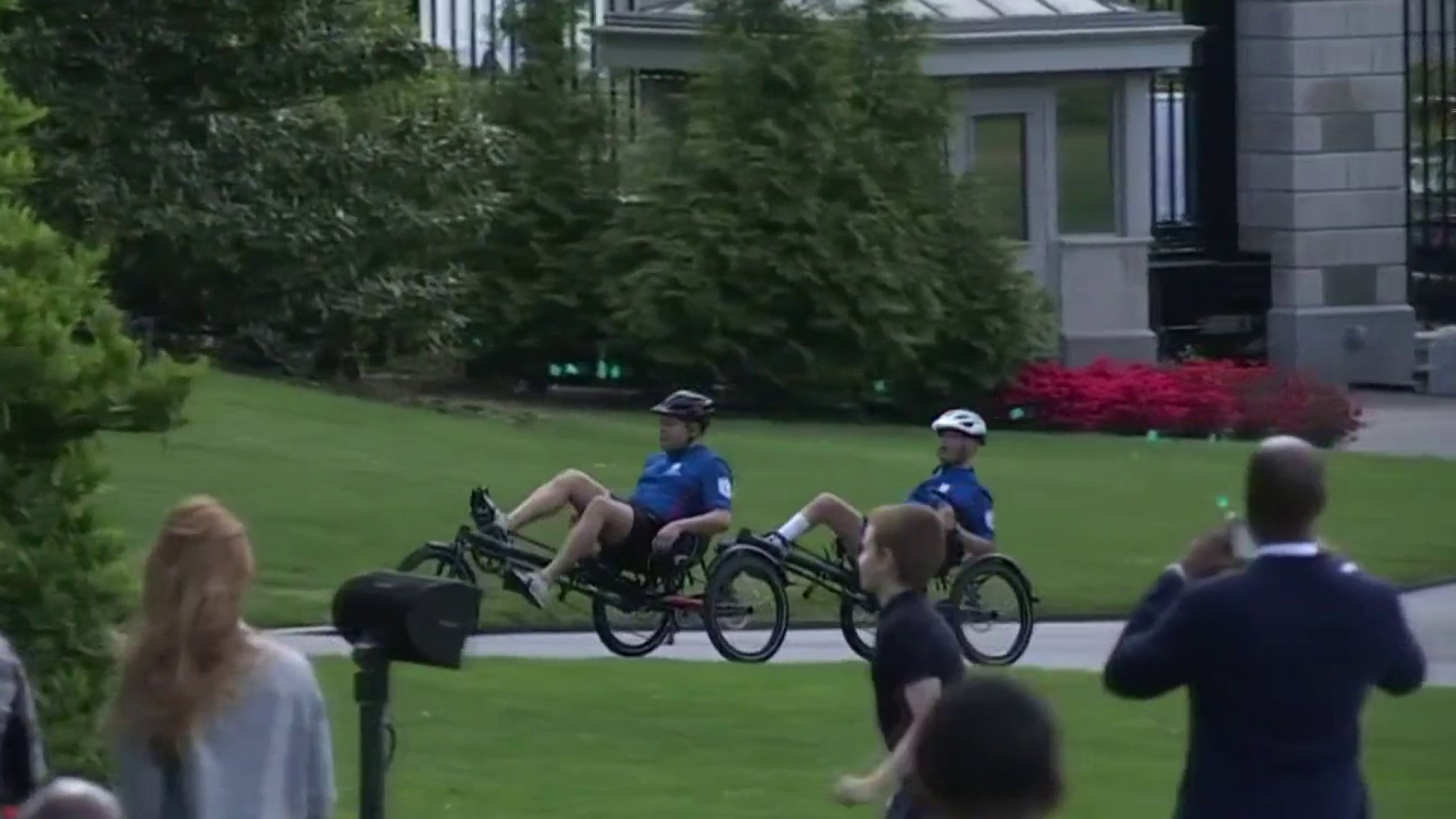Maryland state health officials are implementing new ways of tracking the remains of body donors after a News4 I-Team investigation revealed what one administrator called a “serious inventory control” problem inside the state-run program.
The changes are outlined in an internal assessment of the State Anatomy Board, which was initiated last October after revelations that at least one Maryland family was knowingly given the wrong ashes and another donor’s remains were mistakenly buried in a state cemetery. The program oversees thousands of bodies given to science each year.
The assessment, obtained through an open records request, said the board is now exploring the use of electronic tracking methods of remains, among other improvements. A spokeswoman for the Maryland Department of Health, which oversees the state’s body donation program, also said the Anatomy Board is moving to an automated “material management” system that will impose tighter controls on cremation authorizations.
The changes come after the News4 obtained records indicating a former program director alerted state officials in late July 2018 about what he described as a "serious inventory control problem."
Robert Wilk, who briefly served as head of the anatomy board last year, wrote that he learned of a case in which a former employee "used anatomical material from the lab to ‘produce’ a body for cremation" and "wrongfully" obtained cremation approval before giving those ashes to a different donor's family.
He also described discrepancies between the state board’s records and those kept by a donor institution, leading to confusion over which bodies had already been cremated.
The problems were so bad, Wilk continued, he had considered suspending the anatomy board after taking the helm. Wilk has since left the position.
Local
Washington, D.C., Maryland and Virginia local news, events and information
Maryland Department of Health officials immediately launched an investigation of the program, which manages the donated remains for scientific and medical research at both in and out-of-state institutions. The anatomy board reports to the Department of Health but is jointly run by the University of Maryland School of Medicine.
A spokeswoman for the board told News4 the work group reviewed approximately 1,200 case files and found no other cases of mishandling donated remains.
Maryland Sen. Paul Pinsky, a Democrat from Prince George’s County who chairs a committee that oversees the health department, called for a meeting with Anatomy Board officials earlier this year. He described the board’s record-keeping system as “very 19th century” but said the agency has assured him that its systems are being fixed and future mix-ups will be avoided.
"All the people around the table said it shouldn't have happened, [but] it did and we own it. These are the steps we're taking,” Pinsky said. “I feel they are pretty principled about it."
But Carmen Keggins, the Ellicott City woman who learned she was given the wrong remains for her late husband, said she’s still reeling from the news.
Brian Keggins, a former engineer, died in 2015 from ALS and donated his body to science to help find a cure for his disease.
Keggins initially was told that her husband was cremated in Maryland in November 2016, and she buried his remains the following summer in a family plot.
But last August, Wilk — the former board director — provided her with a second box of ashes and records indicating her husband was cremated in North Carolina in July 2017. State officials have been unable to tell her, however, the identity of the person whose ashes she buried.
She said she doesn’t know whether to believe that the second set of ashes are really her husband’s and hasn’t been told by the Anatomy Board exactly what led to the confusion.
“I have to live with that, not ever knowing what really happened,” Keggins said. “And that kills me inside.”
Reported by Scott MacFarlane and Katie Leslie, produced by Katie Leslie, and shot and edited by Steve Jones.



